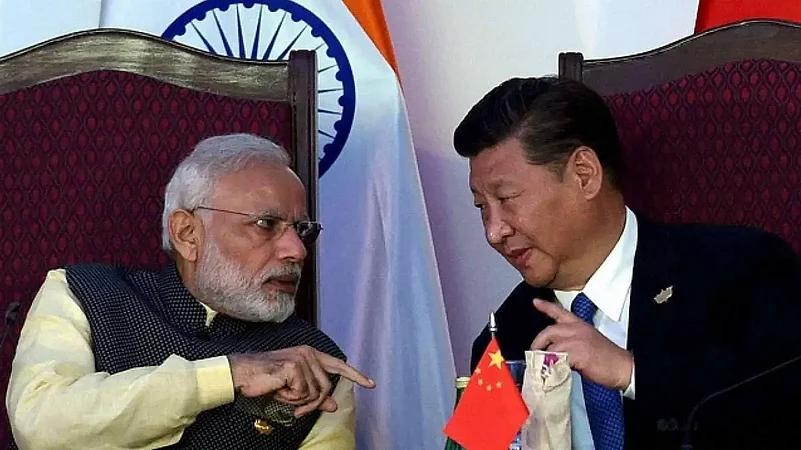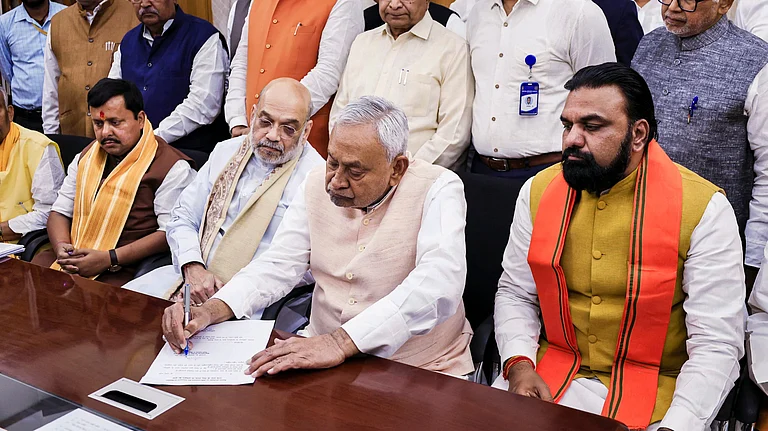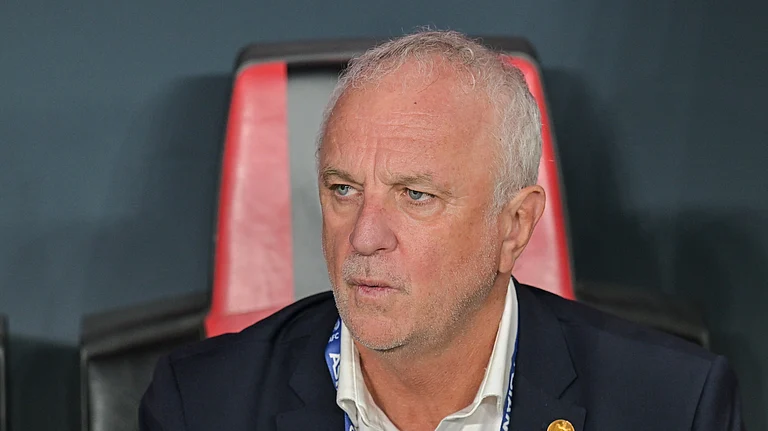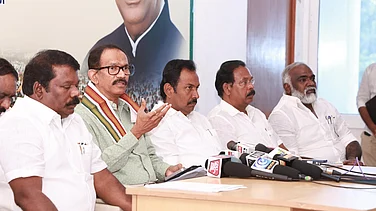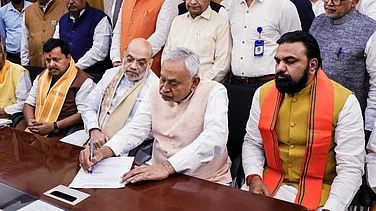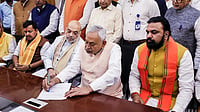India's External Affairs Ministry spokesperson, Arindam Bagchi, clarified that Prime Minister Narendra Modi and President Xi Jinping engaged in discussions to stabilize bilateral relations during a brief encounter at the G20 Summit in Indonesia. The statement came in response to recent claims by the Chinese foreign ministry asserting that the two leaders had reached an "important consensus" on stabilizing China-India relations. However, India has maintained its unwavering stance on resolving the situation along the Line of Actual Control (LAC) and emphasized the need for peace and tranquility in the border areas before normalizing relations.
The interaction between Prime Minister Modi and President Xi Jinping took place on November 16, 2022, during a dinner hosted by the Indonesian president at the conclusion of the Bali G20 Summit. Initially, foreign secretary Vinay Kwatra, in a media briefing held in Bali after the summit, had mentioned that the leaders exchanged courtesies during the G20 dinner, according to Hindustan Times.
However, on July 24, a Chinese foreign ministry readout on a meeting between National Security Advisor (NSA) Ajit Doval and his Chinese counterpart Wang Yi in Johannesburg, contended that Xi and Modi had reached an "important consensus" on stabilizing bilateral ties during their interaction at the G20 Summit in Bali. The readout suggested converting this consensus into "specific policies" and "concerted actions" to enhance strategic mutual trust, aligning with Beijing's view of addressing the military standoff on the LAC separately from other aspects of the bilateral relationship.
Nonetheless, India has unequivocally rejected this approach, with External Affairs Minister S. Jaishankar emphasizing that normalization of bilateral relations is contingent upon achieving peace and tranquility in the border areas. He has accused China of triggering the standoff by disregarding agreements and protocols on border management.
People familiar with the matter clarified that the conversation between the two leaders during the G20 Summit cannot be characterized as a "consensus." The discussions focused on the imperative to stabilize bilateral relations amidst the ongoing border row and the violent clash at Galwan Valley in June 2020, which led to casualties on both sides and strained India-China relations significantly.
Despite over two dozen rounds of diplomatic and military talks, several friction points in the Ladakh sector remain unresolved. The standoff at the LAC has eroded strategic trust, making the restoration of peace and tranquility in border areas a crucial prerequisite for normalizing relations between India and China.


